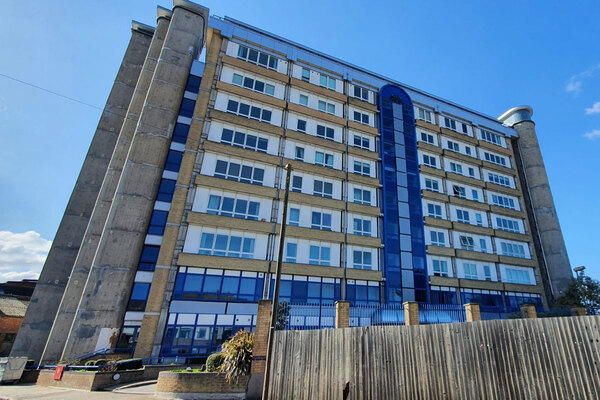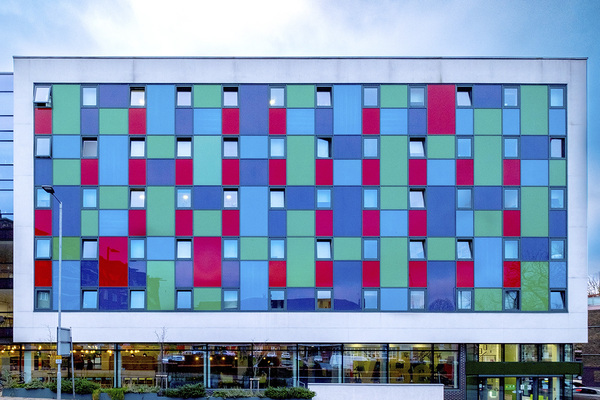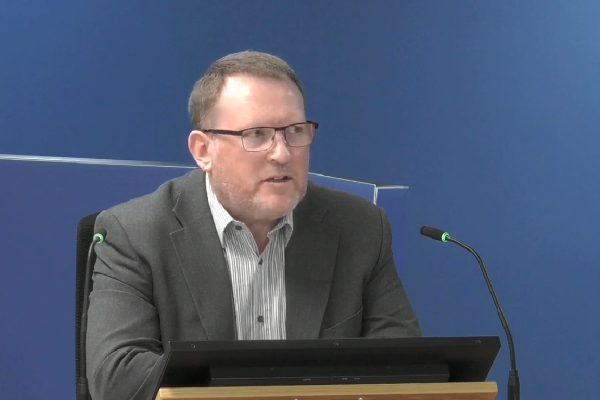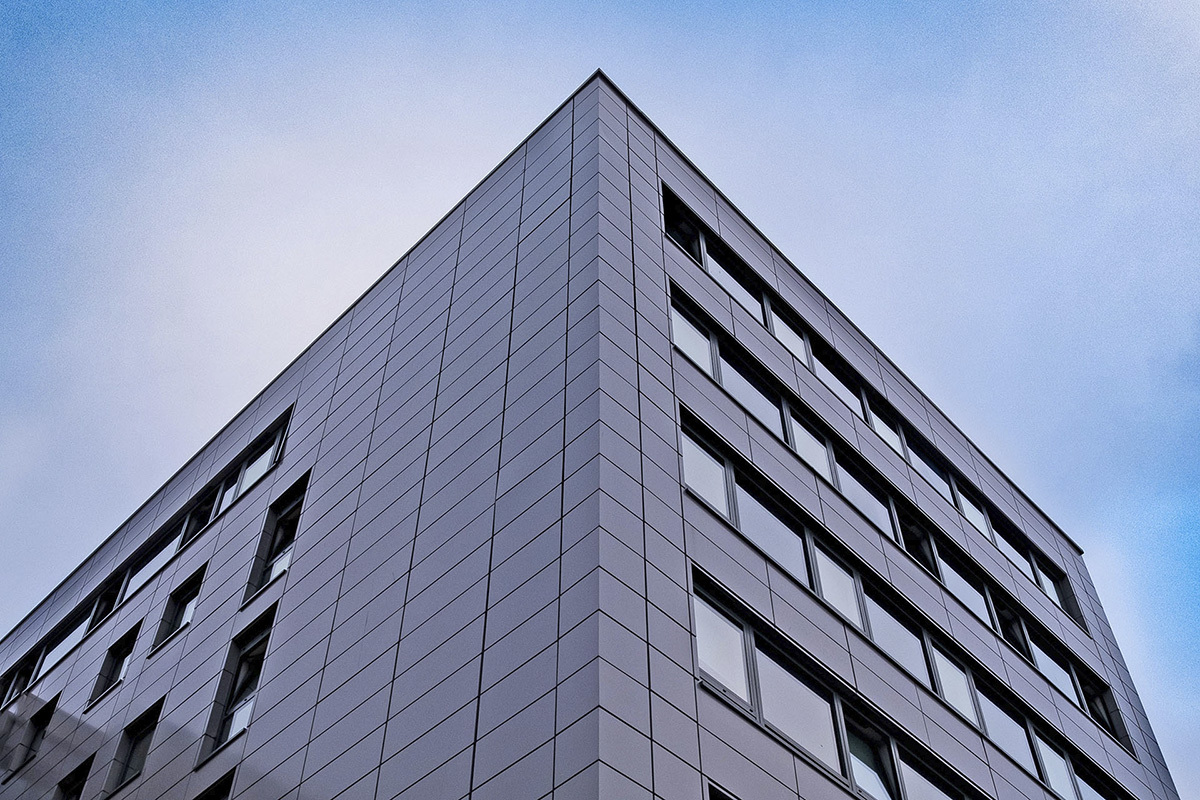Building Safety Fund: London block left without cladding for more than a year after ACM fund hold-up
A block in south London has been left exposed and without cladding for more than a year, after issues over a government funding deal to install replacement cladding delayed work.
Leaseholders of Northpoint in Bromley said their building had been left freezing in winter and started to develop previously unseen water ingress issues as a result of being open to the elements for more than 16 months.
The reason for the hold-up was disagreements between the government and the block’s leaseholder-led management company over a funding deal which leaseholders would not sign because of what they saw as onerous clauses in the deal.
Northpoint was one of hundreds of buildings discovered to be wrapped in dangerous Grenfell-style aluminium composite material (ACM) cladding following the fire in the tower block in June 2017. After the government’s £200m ACM remediation fund was announced in May 2019, Northpoint was deemed eligible for support.
In November 2020, after receiving £800,000, the block had its ACM cladding and insulation removed by abseilers, which left the building’s walls exposed. The block’s resident management company had hoped that they would be able to agree the second tranche of funding for replacement cladding to be installed.
However, negotiations between the leaseholders and government hit a number of stumbling blocks, with funding only fully agreed in January this year. The hold-up has been caused largely by disagreements over the terms of the funding agreement, with the leasehold management company unwilling to sign until changes were made.
According to the leaseholders, their key concerns were around the fact that the funding agreement did not cover some of the internal work needed to remove combustible materials, as well as clauses which would make leaseholders liable to pay the first £200,000 of damages if an incident took place during the project, and give the government back its funding if the scheme did not finish.
There were also initially concerns around warranties that would need to be given to Network Rail if the project caused damage to nearby railway lines. The government eventually offered indemnity to the management company in the summer of 2020.
Negotiations between both parties resulted in a number of compromises. Full funding was agreed in January and work to install replacement cladding is set to start this month.
However, the period without cladding has affected the building. The lack of insulation has resulted in increased heating bills.
“We’ve had the cladding off for well over a year now, and it has been freezing in the winter time,” says Ritu Saha, a leaseholder in the block.
Water ingress issues have also developed for the first time, with leaseholders paying for abseilers to carry out waterproofing work across the building.
Despite hopes that having the dangerous cladding removed would reduce their insurance bill, leaseholders have actually seen their buildings insurance increase. Insurers say it will not come down until the remediation is completed. The current annual buildings insurance rate is £54,000, up from £12,000 before Grenfell.
The government said that while it “sympathised hugely” with the problems Northpoint residents had faced, it was ultimately the building owner’s responsibility to make buildings safe, and it should work at pace to make sure residents are safe and comfortable in their homes.
A spokesperson added: “This building and project is run by a leaseholder management company and the government has provided them with £3.8m to pay for the necessary works, as well as providing expert construction support.”
Ms Saha said the building was able to get some of the clauses taken out of the agreement because of hard work and good legal advice.
However, she worried that there were a lot of buildings that may have signed funding agreements without the correct level of scrutiny, because they were under pressure.
“Probably nothing will go wrong, and we may be being cautious, but the point is, something can go wrong and these people don’t have control if something does go wrong. They will be on the hook,” she said.
According to the latest government ACM figures, 449 buildings have been discovered that have the cladding, with 93% of those having started or completed work.
Of the 110 private buildings in scope for ACM remediation funding, 87% have had full application and costs approved. This amounts to £277m being approved and £170m actually being handed to buildings.
Of the 226 private buildings found to contain ACM, 27 have yet to start remediation works, while 41 have started but are yet to finish.
Sign up for our fire safety newsletter
Already have an account? Click here to manage your newsletters












